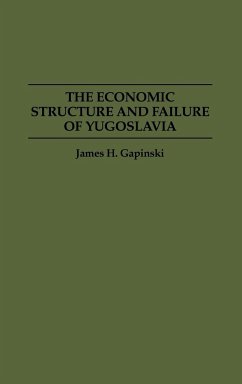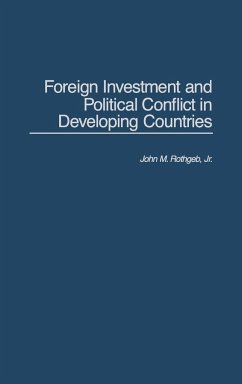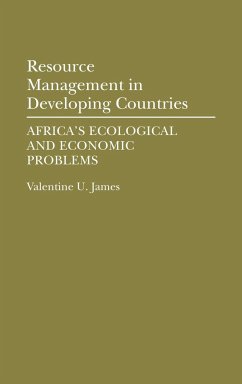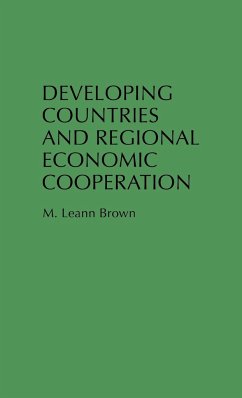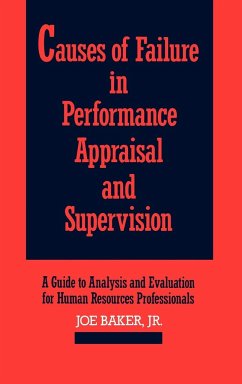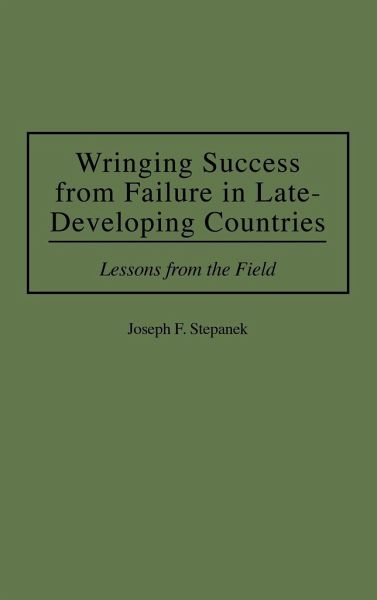
Wringing Success from Failure in Late-Developing Countries
Lessons from the Field

PAYBACK Punkte
44 °P sammeln!
Development has alleviated poverty in many countries during the 50 years since the end of War World II, yet half of mankind remains poor; a fifth are very poor. Poverty is not a state of nature, but, as Stepanek shows, can be ascribed to manmade institutions that reflect self-serving and self-indulgent ideologies, poorly tested theories and policies, weak governments, and poverty alleviation programs that are questionably designed and poorly administered. Dr. Stepanek asserts that poverty cannot be alleviated without challenging all of its root causes, and he shows that well-designed developme...
Development has alleviated poverty in many countries during the 50 years since the end of War World II, yet half of mankind remains poor; a fifth are very poor. Poverty is not a state of nature, but, as Stepanek shows, can be ascribed to manmade institutions that reflect self-serving and self-indulgent ideologies, poorly tested theories and policies, weak governments, and poverty alleviation programs that are questionably designed and poorly administered. Dr. Stepanek asserts that poverty cannot be alleviated without challenging all of its root causes, and he shows that well-designed development strategies and foreign assistance programs can create growth and reduce poverty. Western governments, international banks, and donor agencies must reexamine how they design and administer foreign aid if they are to be successful. Stepanek explains foreign aid in general and in specific, in history and theory, and in its present and practical forms.




